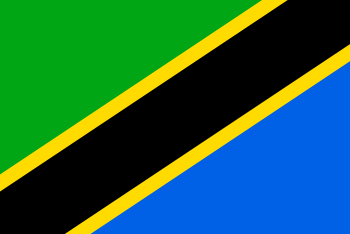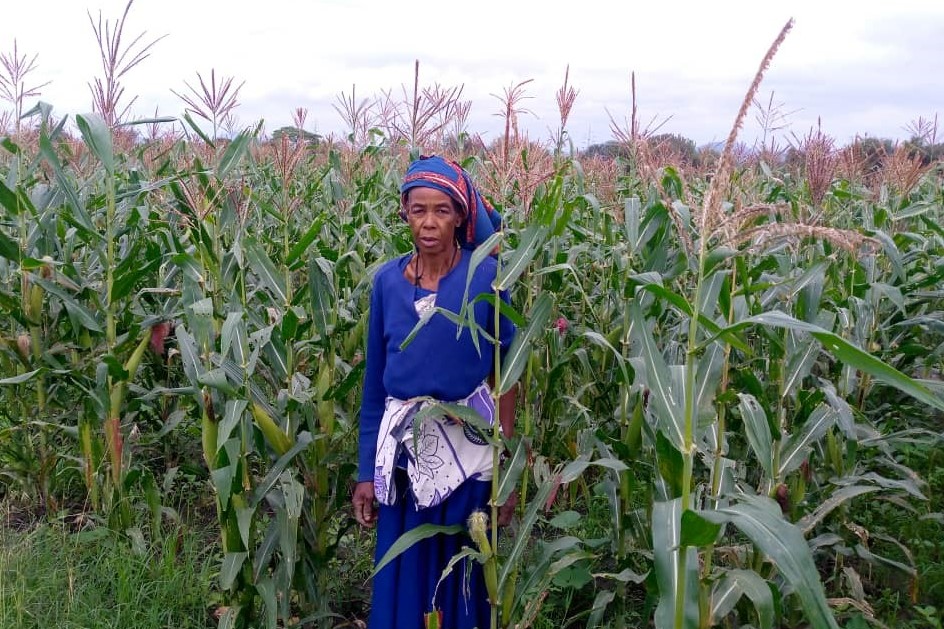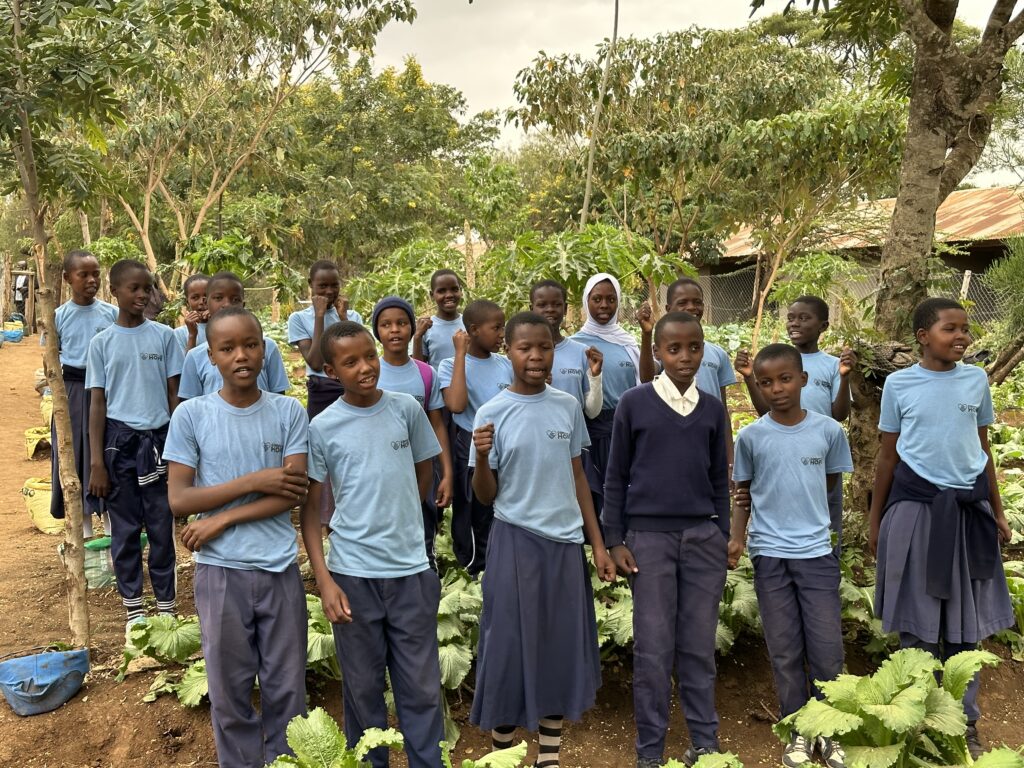 Tanzania Arusha
Tanzania Arusha
$0 needed of $50,000

Implementing Organization
Convoy of Hope
Program Summary
In 2021, Convoy of Hope worked with 408 women in the Arusha Region to help them farm a half acre of maize each. Through the provision of seed, fertilizer, pesticides, and technical assistance, each farmer saw exponential increase in their productivity and profitability. Average harvest was 1,000 kg of maize per ½ acre, whereas previous harvests in the area averaged 250-500 kg per ½ acre. Due to this success, Convoy of Hope is extending this program to assist a greater population throughout the Arusha Region.
In 2022 the number of participants will increase to approximately 600 women. Subsequent years will also increase the number of participants by about 50%. Many of the original participants will remain in the program though their involvement will emphasize them training the new participants, learning to save their profits for following years, and methodically becoming more independent until they can graduate out and farm all on their own.
Abdallah's Story - Tanzania Arusha
Rehema's Story - Tanzania Arusha
Success Stories

Students and Farmers Getting Ahead
Growing Hope Globally’s newest partner, Convoy of Hope, works with local government and Assemblies of God churches in Tanzania to provide an integrated approach to food security. Ten thousand children at risk for malnutrition in 17 schools receive nourishing meals there. Farmers participate in savings-and-lending groups. Students and farmers alike receive agricultural training. They are all well-versed in an asset-based community development technique called “mindset transformation” that helps them realize what opportunities they have instead of focusing on what they don’t have.
During a recent visit from Growing Hope Globally staff and Growing Project participants, a 90-member student Agriculture Club gave a presentation on the various hands-on experiences they’ve had in agriculture at their school. They are very proud to be able to provide food for the school feeding program. Students took turns talking about the overall benefits of gardening, seed-bed preparation, irrigation, seed saving, and what the different trees and vegetables are good for. They talked about growing mango, avocado and peach trees and pigeon peas and chia, among other vegetables. They all agreed that their agricultural practices encourage self-reliance and a greater understanding of nutrition. They said they have a brighter outlook for the future, not only for themselves but for their families, with whom they shared their knowledge.
Growing Hope Globally also made some farmer visits, including to a woman named Helen who’d started receiving training from Convoy in 2020. She’s dedicated to learning about raising livestock, establishing a home garden, and diversifying her farm. Helen has been quite successful after putting into practice every scrap of instruction she’s received, and says it’s changed her life. She initially received goats and chickens from the program and has sold some of their offspring to put toward building a new home. Without any assistance from Convoy she began raising pigs, and profits from those sales are also going toward the house. Her expansive garden, featuring more than 10 varieties of fruits and vegetables feeds her family with enough left over to sell. She’s big on “permaculture” plants, what some might call perennials. The concept is not well known in her area, but as she builds on her successes there is talk of making Helen’s farm a destination for future training sessions.
Tanzania Arusha Program
Led by Convoy of Hope
